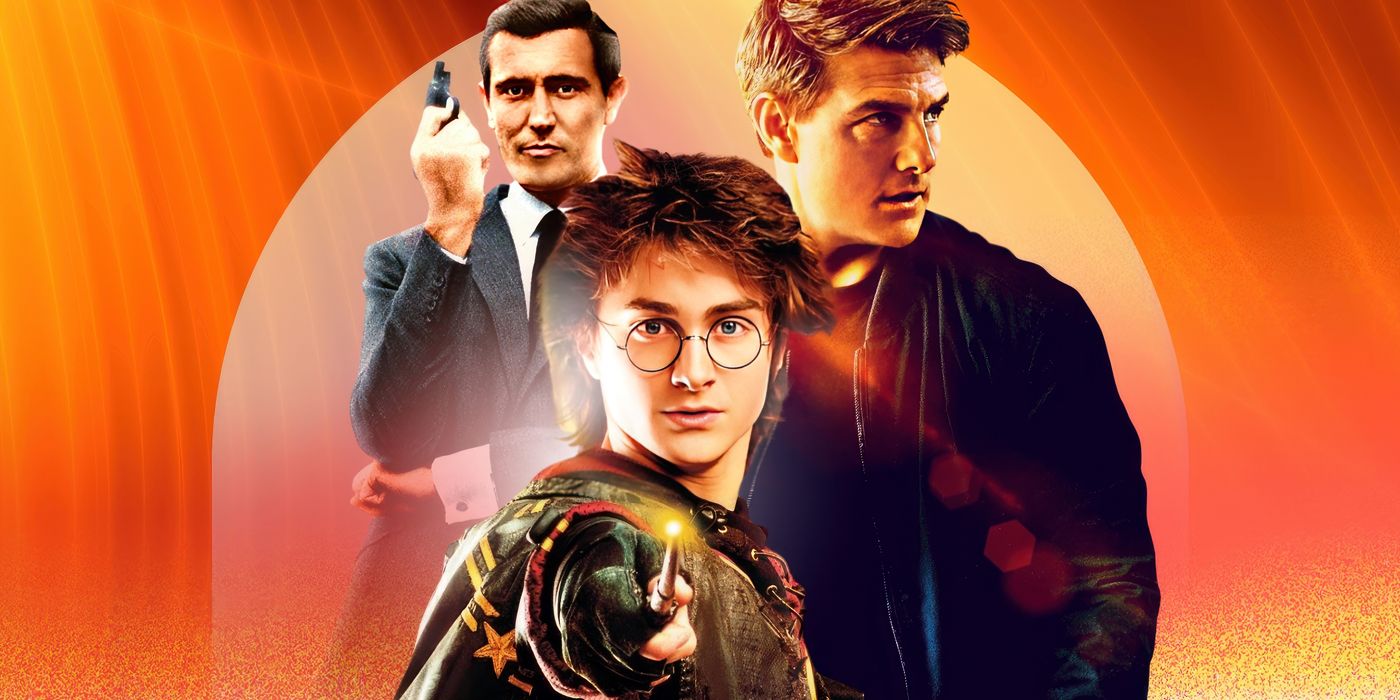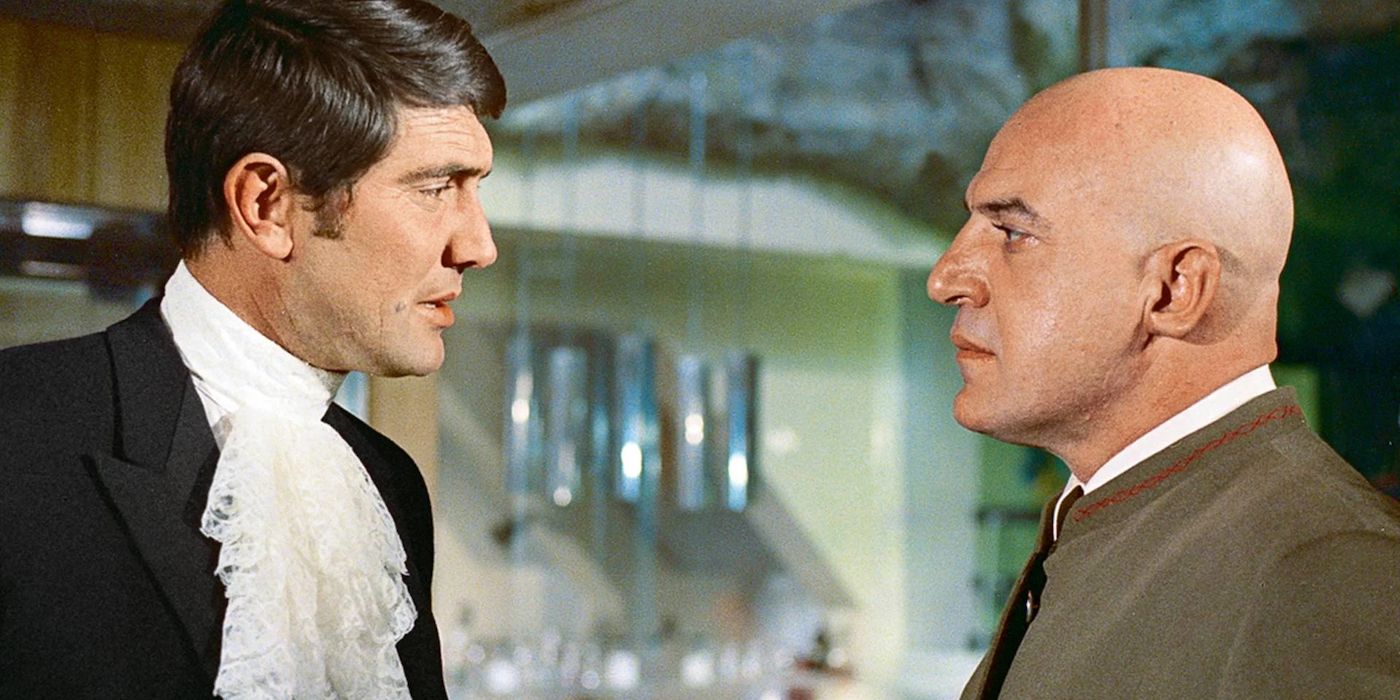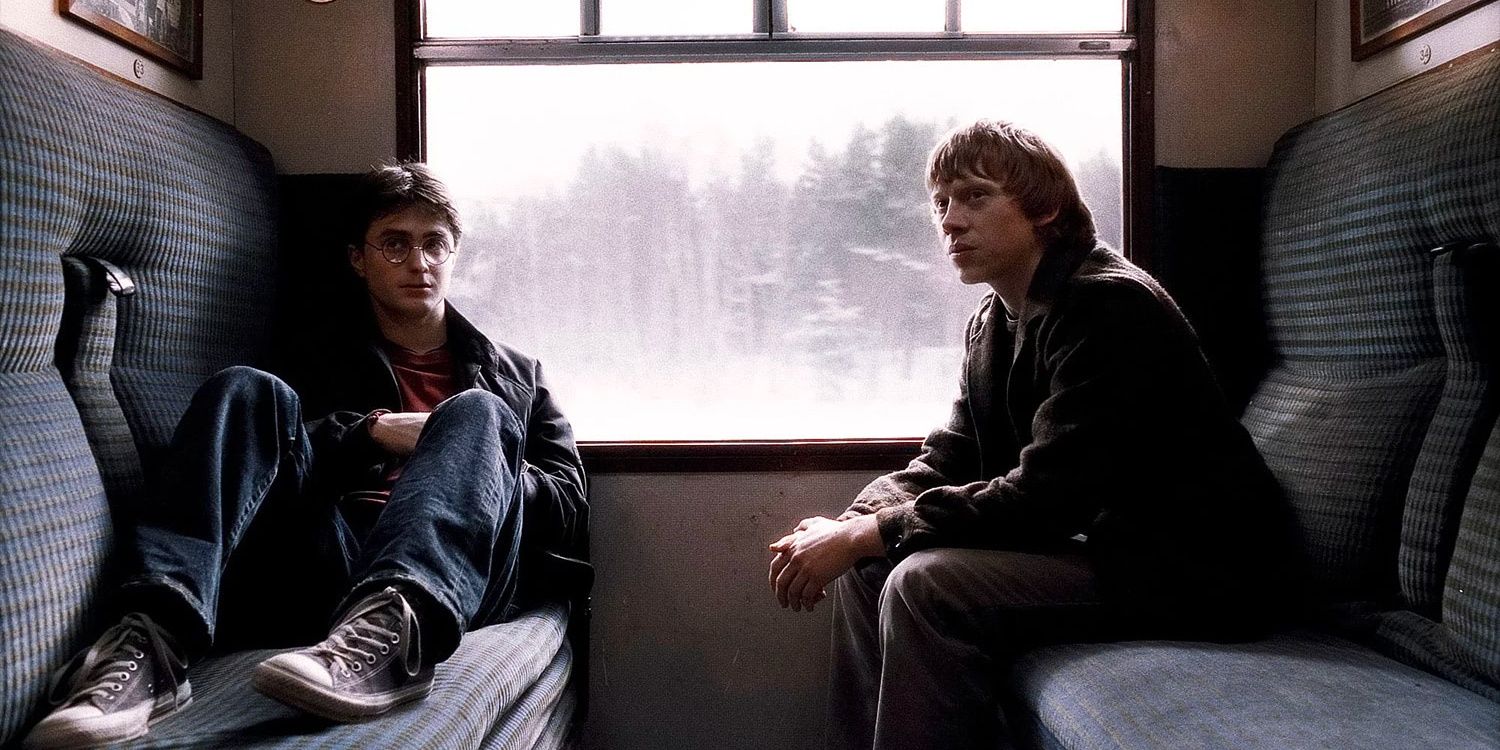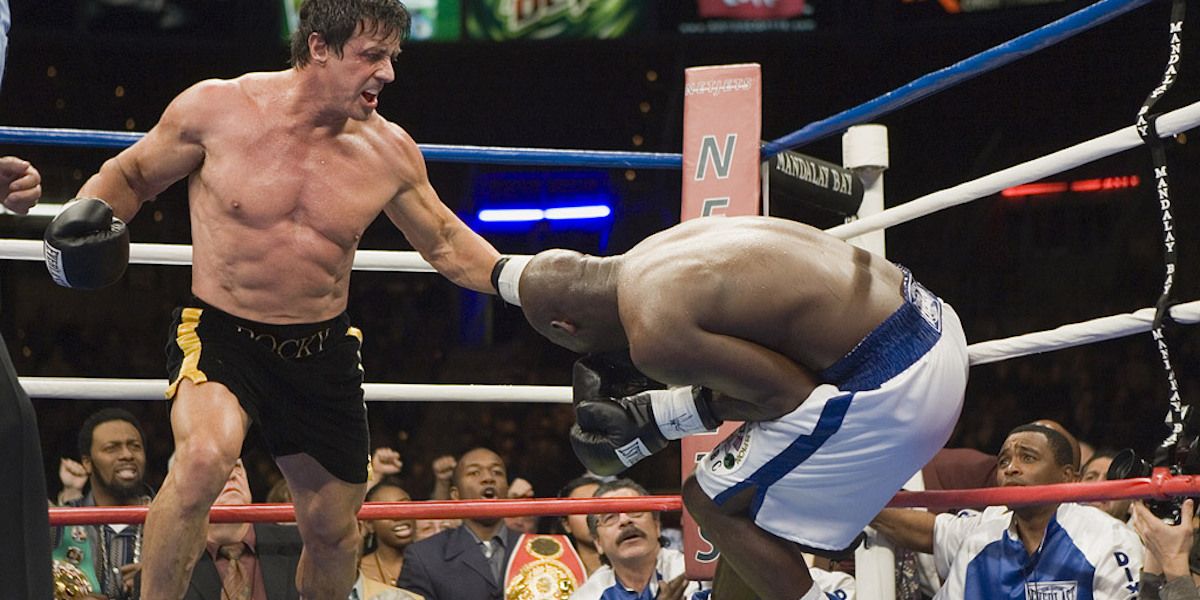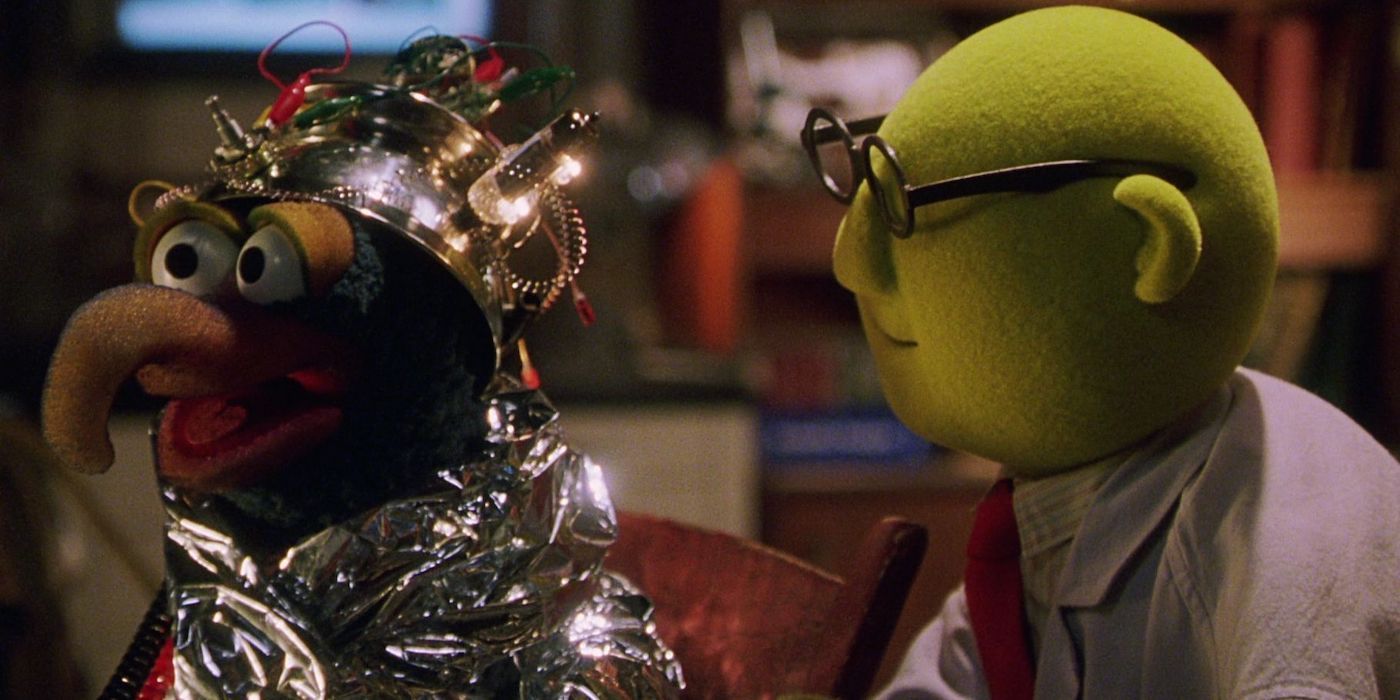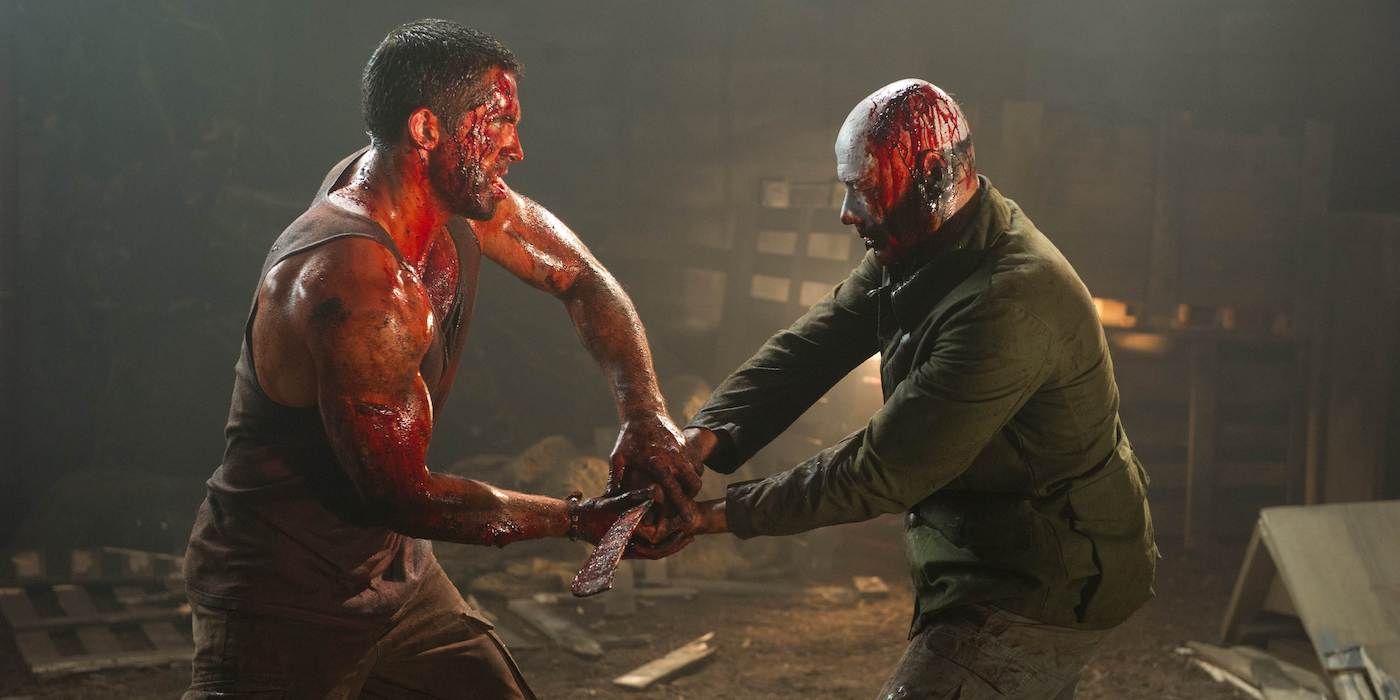In an era where intellectual properties dominate the film industry, we’re seeing more sequels than ever before. Some franchises that have been around for decades are revamping once more for new installments, even if they’ve already been outdated for quite some time. However, audiences seem to show up nonetheless; despite crippling reviews, franchises like Despicable Me, Jurassic Park, Transformers, and The Fast and the Furious continue to churn out new installments. The Scream series has been able to maintain a fairly consistent level of quality, and hopefully the upcoming Scream VI will live up to the hype generated by its predecessors.
There aren’t many franchises that manage to churn out a sixth installment. At this point in a saga’s lifespan, it’s likely to be way past its prime; just look at Jurassic World Dominion, Police Academy 6: City Under Siege, Freddy’s Dead: The Final Nightmare, Halloween: The Curse of Michael Myers, Saw VI, or Resident Evil: The Final Chapter if you need any examples. However, a few major franchises proved they still had some creativity left in them and delivered solid sixth installments. Here are a few of the best.
Mission: Impossible — Fallout (2018)
The Mission: Impossible series has somehow gotten better and better in every installment since 2006’s Mission: Impossible III, and 2018’s Mission: Impossible — Fallout might be the saga’s crowning achievement (so far). After raising the action to new heights in Mission: Impossible — Rogue Nation, writer/director Christopher McQuarrie delivered Ethan Hunt’s (Tom Cruise) most emotional adventure yet as he’s forced to choose between saving his friends or the world. Fallout ties the franchise together with terrific performances by Simon Pegg, Michelle Monaghan, Rebecca Ferguson, and Ving Rhames, and features some of Cruise’s most death-defying stunts yet as he hangs off both a helicopter and cliff top.
On Her Majesty’s Secret Service (1966)
Time has been very kind to the sixth James Bond film, On Her Majesty’s Secret Service. The first and only film in the series to star George Lazenby as 007 after Sean Connery briefly exited the role, On Her Majesty’s Secret Service portrays Bond as a vulnerable character who was much more relatable than ever before. With surrealist 1960s visuals and an incredible ski chase, it’s one of the most aesthetically pleasing installments in the series. The shocking twist ending delivered an emotional climax so devastating that the Bond films wouldn’t top it until 2006’s Casino Royale.
Friday the 13th Part VI: Jason Lives (1986)
After the disastrous Friday the 13th: A New Beginning trampled the saga’s trajectory Friday the 13th Part VI: Jason Lives redeemed the series with a tongue-in-cheek installment that lampooned the franchise’s recurring gags. With an intro reminiscent of James Bond and some of the most creative kills in the series, Jason Lives was able to acknowledge the series’ inherent ridiculousness and deliver a satisfying conclusion to the Tommy Jarvis storyline.
Harry Potter and the Half-Blood Prince (2009)
The Harry Potter series matured under the direction of David Yates, and Harry Potter and the Half-Blood Prince was perhaps the darkest installment of the saga yet. As Harry (Daniel Radcliffe) prepares for his eventual battle against Voldemort (Ralph Fiennes), he digs into the Dark Lord’s past by undergoing training from his headmaster Dumbeldore (Michael Gambon). Yes, this is “the one where Dumbeldore dies,” but it's also the most beautiful installment in the series, earning an Academy Award nomination for Best Cinematography.
Star Trek VI: The Undiscovered Country (1991)
There’s an old rule that the even-numbered entries in the Star Trek series are the best, and Star Trek VI: The Undiscovered Country certainly proves that point. Released amidst the end of the Cold War, The Undiscovered Country is the most overtly political entry in the saga with its allusions to the United States’ relationship with the Soviet Union when the Federation attempts to make peace with the Klingon Empire.
Rocky Balboa (2006)
The Rocky saga reached its ludicrous heights with the imminently disappointing Rocky V, but Sylvester Stallone thankfully took a more serious approach that acknowledged that the famous prizefighter had aged past his prime. Rocky returning to the ring in Rocky Balboa didn’t feel ludicrous, and Stallone gives one of his best performances as the Italian Stallion wrestles with the tragedies in his past.
Star Wars Episode III: Revenge of the Sith (2005)
Many Star Wars fans were highly disappointed in the first two installments in the prequel trilogy, but Star Wars Episode III: Revenge of the Sith paid off the slow momentum with an action-packed, emotionally grueling dark entry that completed Anakin Skywalker’s (Hayden Christensen) transition into Darth Vader. With a scene-stealing performance by Ian McDiarmid as Emperor Palpatine and five unique lightsaber fights, Revenge of the Sith also scores political points with its searing commentary on the Bush administration. If you don’t cry at Ewan McGregor’s delivery of “you were the chosen one,” you’re probably not human.
Muppets From Space (1999)
While The Muppets chronology is hardly traditional, 1999’s Muppets From Space was an inventive, creative installment in the series that explored Gonzo’s origins in depth for the first time. It tells a heartwarming story about Gonzo’s alien race exploring Earth, and Gonzo discovering that his real family was with Kermit’s crew all along. There’s also an uproarious side performance from Jeffrey Tambor as an FBI agent and a terrific cameo by the later great Ray Liotta that are worthy of the price of admission.
Terminator: Dark Fate (2019)
It seems like every sequel in this series has been hailed as “the best since Terminator 2: Judgment Day,” but Terminator: Dark Fate proved that wasn’t just light praise. Seeing Linda Hamilton return to the role of Sarah Connor added a good dose of nostalgia, but it was the new supporting cast the proved themselves worthy of a new start for the series that sadly didn’t take off at the box office.
Universal Soldier: Day of Reckoning (2013)
You may have never expected that a direct-to-VOD sequel to Roland Emmerich’s 1992 action nonsense Universal Soldier would be one of the most inventive departures in franchise history, but Universal Soldier: Day of Reckoning can’t be denied. Director John Hyams ditches the camp altogether with a violent, terrifying examination of toxic masculinity, radicalization, and inherent violence that shows signs of David Lynch and Michael Hanekes’ filmmaking.

